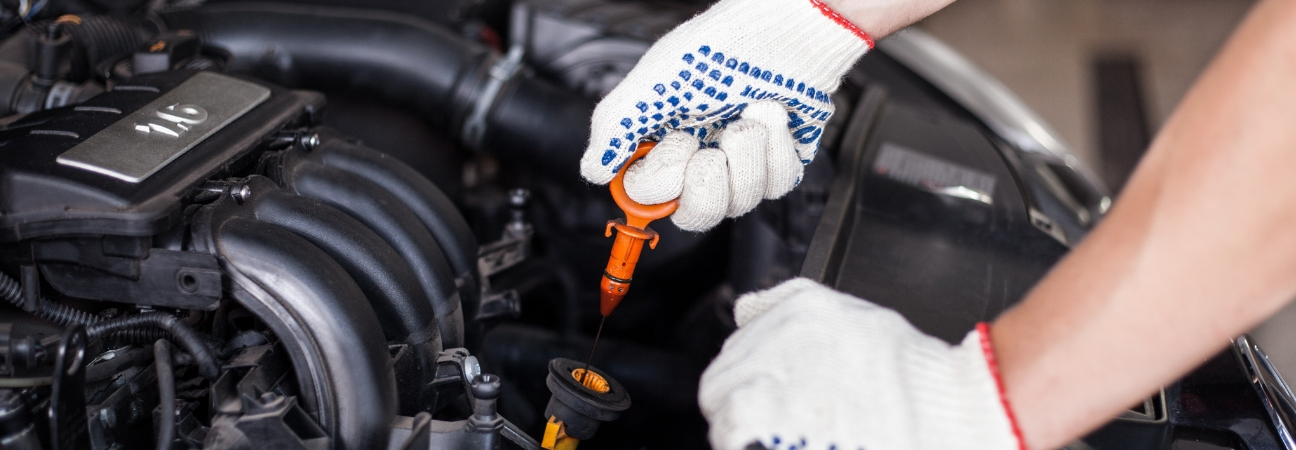All Categories
Featured
Table of Contents
- – Pros of Dealership Auto Repair
- – OEM (Original Equipment Manufacturer) Parts
- – State-of-the-Art Equipment
- – Cons of Dealership Auto Repair
- – Limited Personalization
- – Pros of Independent Auto Repair
- – Personalized Service
- – Choice of Parts
- – Local Business Support
- – Cons of Independent Auto Repair
- – Varied Quality of Service
- – Limited Access to OEM Parts
- – Which Option is Right for You?
Pros of Dealership Auto Repair
Expertise and Specialized Skills One of the major advantages of taking your vehicle to a dealership for repairs is the specialized knowledge of the specific vehicle of your car. Dealership technicians are often highly trained and familiar with the unique technology of your vehicle. They have access to brand-specific repair guidelines, ensuring that your car is repaired or maintained according to the manufacturer's standards.OEM (Original Equipment Manufacturer) Parts

Dealerships typically use OEM parts for repairs. OEM parts are designed specifically for your car, ensuring precision and performance, just like the original ones, maintaining your vehicle’s integrity and functionality.
Warranty Maintenance If your vehicle is still under warranty, using dealership services can help you preserve that warranty coverage. Dealerships are authorized to carry out repairs and maintenance covered under your vehicle’s warranty, which might not always be the case with independent shops.
State-of-the-Art Equipment
Dealerships often have access to the latest diagnostic tools and cutting-edge technology, which can be especially useful for newer vehicles with complex systems. This means repairs may be more precise, particularly for complicated issues.Cons of Dealership Auto Repair
Higher Costs One of the main downsides of using a dealership for auto repairs is the cost. Dealerships tend to charge higher labor rates and parts costs compared to independent auto repair shops, which can make repairs and maintenance more expensive, especially for routine services like oil changes and brake replacements.Limited Personalization
While dealerships offer expert service on specific vehicle models, they might lack the individual service that an independent repair shop can provide. At a dealership, you may find yourself dealing with a larger service department where communication can be less direct and generic.Pros of Independent Auto Repair
Lower Costs Independent auto repair shops generally offer more affordable labor rates and part costs than dealerships. This can make a significant difference, especially for minor repairs or everyday services. Independent shops may also be more flexible in terms of pricing, offering more competitive rates.Personalized Service
Independent repair shops often offer a more tailored experience. With fewer customers to handle, they can provide one-on-one attention, explain the issues with your vehicle in full, and make recommendations based on your specific needs and preferences.Choice of Parts
Independent shops are not bound to using only OEM parts. Many independent auto repair shops offer high-quality aftermarket parts that are often more affordable than OEM parts, which can help you save money while still maintaining your vehicle’s performance.Local Business Support
By choosing an independent shop, you’re supporting small businesses in your community. Independent repair shops are often family-owned or run by local entrepreneurs who take pride in their work and customer service.Cons of Independent Auto Repair
Limited Expertise for Specific Models While many independent repair shops offer a wide range of services, they may not have the same specialized expertise for certain vehicle brands that dealerships offer. For vehicles with complex technology or specific needs, an independent shop might not have the training or resources to diagnose and repair issues as effectively as a dealership.Varied Quality of Service
Not all independent auto repair shops offer the same level of service. Since independent shops can vary greatly in terms of service standards, it’s important to choose a reputable one. Finding a shop with skilled technicians and a solid reputation can take time, and not all independent shops may meet the same standards that a dealership can provide.Limited Access to OEM Parts
Independent shops may not always have access to OEM parts, which could be a downside for car owners who prefer original parts. Some independent shops do offer premium aftermarket parts, but the fit and durability may not always match that of OEM parts.Which Option is Right for You?
Deciding between a dealership and an independent auto repair shop depends on your needs. If you value specialized knowledge, OEM parts, and the assurance of preserving your warranty, a dealership might be the better option, even though it may come at a higher price. On the other hand, if you’re looking for more affordable services, personalized attention, and flexibility with parts, an independent repair shop might be the ideal choice.Ultimately, the best decision is one that aligns with your vehicle’s needs, your budget, and your long-term maintenance goals. Whichever route you choose, it’s important to research and select a trustworthy service provider to ensure that your vehicle remains in excellent shape for years to come.
Table of Contents
- – Pros of Dealership Auto Repair
- – OEM (Original Equipment Manufacturer) Parts
- – State-of-the-Art Equipment
- – Cons of Dealership Auto Repair
- – Limited Personalization
- – Pros of Independent Auto Repair
- – Personalized Service
- – Choice of Parts
- – Local Business Support
- – Cons of Independent Auto Repair
- – Varied Quality of Service
- – Limited Access to OEM Parts
- – Which Option is Right for You?
Latest Posts
Discover the Unique Qualities of Texas Tail Vodka
Published Nov 23, 24
3 min read
Warning: Protect Yourself from Scam Calls Pretending to be Your Credit Union
Published Nov 23, 24
1 min read
How to Care for Vinyl Flooring
Published Nov 23, 24
1 min read
More
Latest Posts
Discover the Unique Qualities of Texas Tail Vodka
Published Nov 23, 24
3 min read
Warning: Protect Yourself from Scam Calls Pretending to be Your Credit Union
Published Nov 23, 24
1 min read
How to Care for Vinyl Flooring
Published Nov 23, 24
1 min read